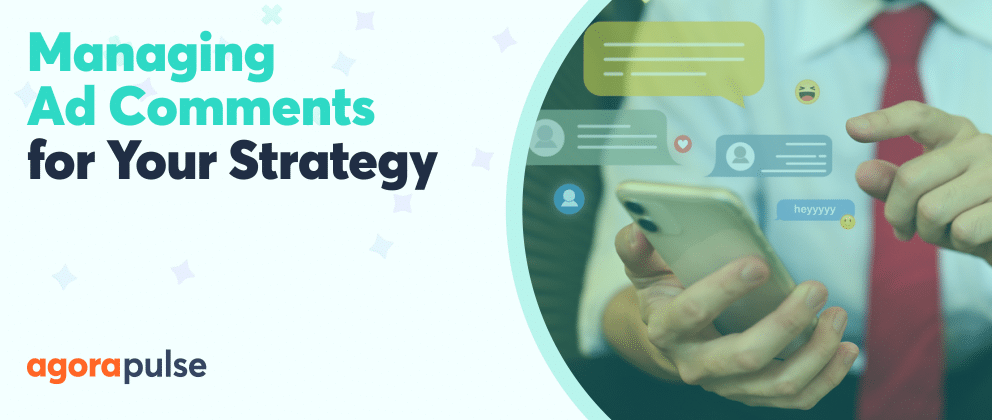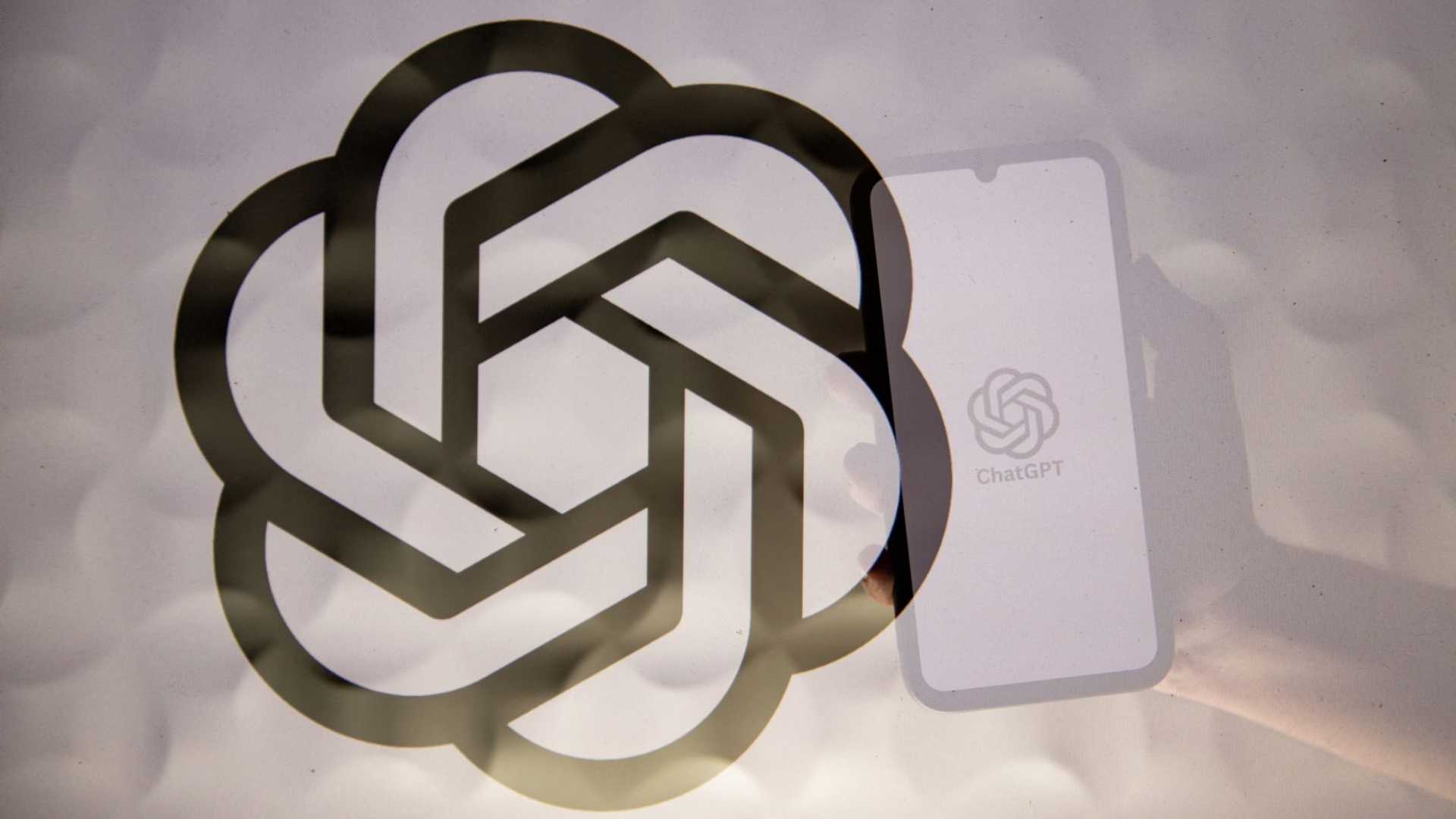OpenAI bans PH users behind pro-gov't drive
OpenAI, the United States-based company known for its generative artificial intelligence chatbot ChatGPT, has taken action against accounts in the Philippines that were utilized to produce large quantities of social media comments either supporting President Ferdinand Marcos Jr. or criticizing Vice President Sara Duterte, his former UniTeam running mate.
OpenAI Disrupts AI-Deployed Influence Operations

In a report titled “Disrupting malicious uses of AI,” released on June 5, OpenAI stated that they banned ChatGPT accounts that were responsible for creating bulk volumes of short comments in English and Taglish. These comments were distributed on TikTok and Facebook, focusing on political topics and current events in the Philippines.
Operation High Five
The campaign, dubbed “Operation High Five” by OpenAI, involved the use of numerous emojis in social media comments and displayed a generally positive attitude. The comments tended to either praise President Marcos or criticize Vice President Sara Duterte.
Despite the campaign's activities, OpenAI categorized the influence operation (IO) as a low-impact Category 2 activity, based on their impact breakout scale.
AI Generated Influence
OpenAI's investigation revealed that the threat actors employed ChatGPT at various stages of a political influence campaign in the Philippines. This included analyzing social media posts related to political events, generating responses, creating public relations materials, and potential statistical analyses for clients.
Your Guide To Social Media Comments | Sprout Social

The campaign involved the creation of TikTok channels to promote President Marcos' agenda, with AI-generated comments being posted on both TikTok and Facebook.
Commenting Strategy
The commenting strategy involved posting comments on TikTok and Facebook using accounts with minimal followers to create the appearance of popularity. However, the engagement with these comments was limited, with most receiving minimal interactions.
Although the goal was to flood comment sections, the impact was only partially successful, as evidenced by the discrepancy between the number of generated comments and the actual engagement levels.
Make Managing Ad Comments Part of Your Social Media Strategy

Both Facebook and TikTok prohibit such inauthentic behaviors aimed at artificially boosting engagement on their platforms.
For more information, you can visit the OpenAI report "Is ChatGPT fueling delusions?".
This is an information message We use cookies to enhance your experience. By continuing, you agree to our use of cookies. Learn more here.




















